QuestionDear Chris,
This will not be a pond question tho it soes have one at the very beginning. My daughter works part-time at a university child care center to help with her school expenses. One of the other girls' mother has a pond with goldfish and some plecos. She gave some to the child care center. They have 3 or 4 goldfish and had a couple of the small plecos in a 30 gallon tank. The gold fish are doing-you should forgive the expression-swimmingly, but the plecos died and whenever they try to get one or two to replace them, they also die after a short while. I don't think anyone really knows anything about fish. As far as I know, no one tests the water and no one vacuums the gravel, the the water looks clear. New water is poured into the tank at various intervals. Are the goldfish hardy enough that they can withstand unbalanced water levels that the plecos can't? Or do the scavengers come in contact with waste in the gravel that is toxic to them but buried away from the goldfish?
Evidently there is no problem with these two species in the pond but are they even compatible in an aquarium? What do you recommend beside the obvious of learning more about the fish? Thanks.
AnswerHi Trudi;
Plecostamus can be delicate compared to goldfish. If the pond is considerably bigger than the pond there is more room to distribute waste so they do much better out there. Depending on the size of the fish the tank may be too small to support all of them. It is possible as you suggested also that waste toxins in the gravel are harming the plecostamus. They are very sensitive to that sort of thing. Gravel toxins are invisible so if they "dig up" a spot with rotting waste you may not ever see what happened. They just die from poisoning.
Aquariums need water changes of 25% weekly which does not include refills from evaporation. They also need gravel vacuuming every 2 to 4 weeks. An aquarium is a more delicate environment than in a pond. There are waste toxins that dissipate much more readily out into the air than in a closed system like an aquarium.
Does the tank have a filter? If so, what kind?
What is the water temperature?
How big are each fish?
What do they eat?
Do the plecostamus get enough to eat indoors in the aquarium? (Algae grows more prolifically outdoors in a pond.)
How soon after the plecostamus are put in the tank do they die?
Is there any physical evidence of illness?
Let me know as soon as you can.....
Chris

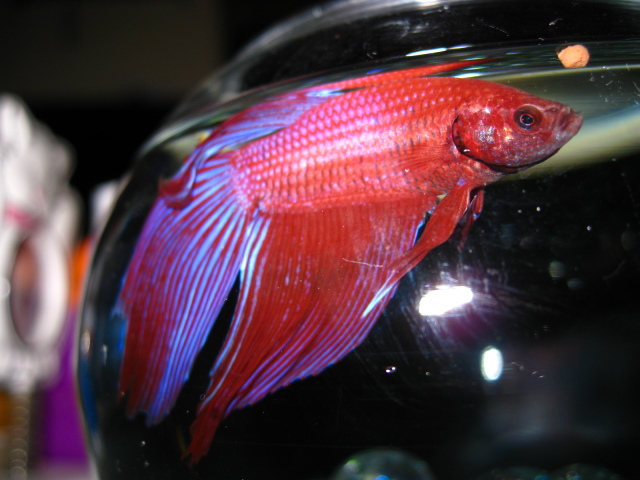 Betta Fish wont eat.
QuestionPeso
QUESTION: On March 4th, a friend ga
Betta Fish wont eat.
QuestionPeso
QUESTION: On March 4th, a friend ga
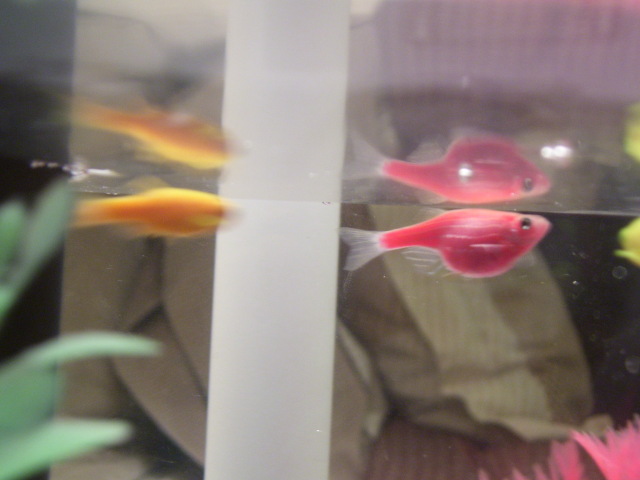 Zebra Danios (GloFish)
Question
Picture
I have several pet glofish (http://www
Zebra Danios (GloFish)
Question
Picture
I have several pet glofish (http://www
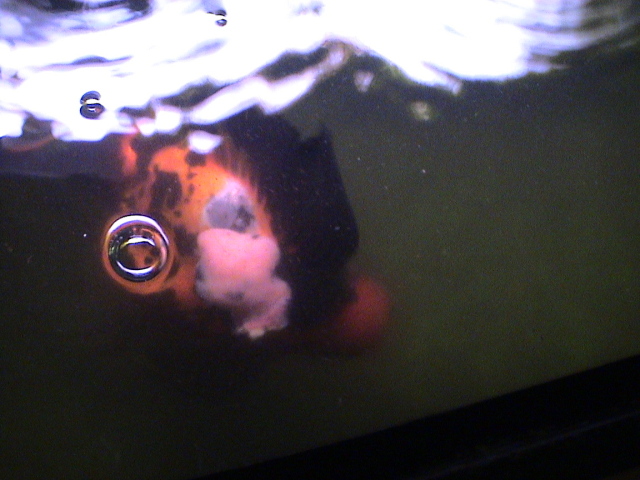 my giant goldfish
Question
my fish 012309
...my huge goldfish (once tiny)
my giant goldfish
Question
my fish 012309
...my huge goldfish (once tiny)
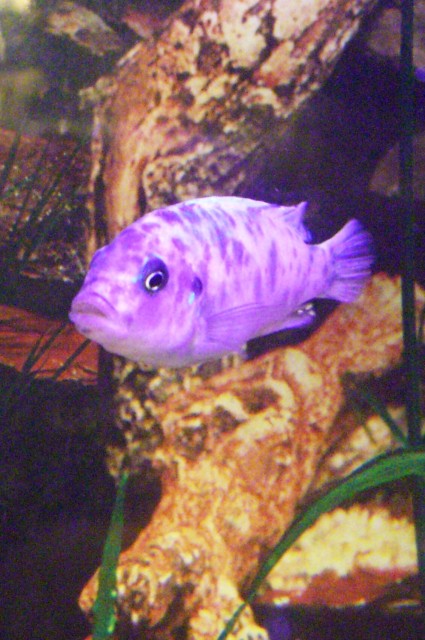 Purple Cichlids
Question
Purple C
I have found a picture of a purple ci
Purple Cichlids
Question
Purple C
I have found a picture of a purple ci
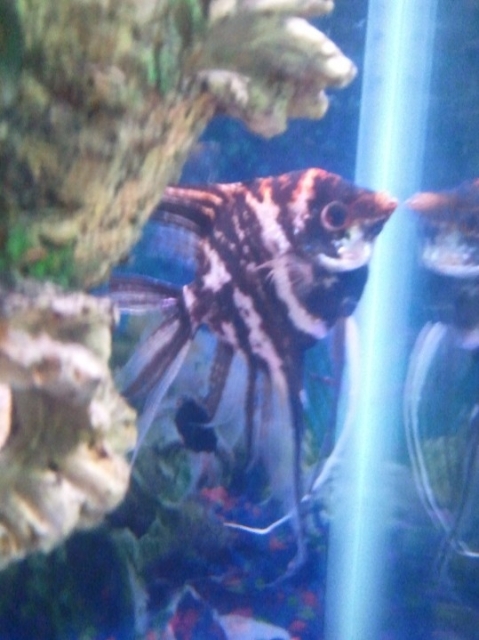 My Sick Angel??
QuestionMy Angel
QUESTION: OK. So I have a 50 ga
My Sick Angel??
QuestionMy Angel
QUESTION: OK. So I have a 50 ga